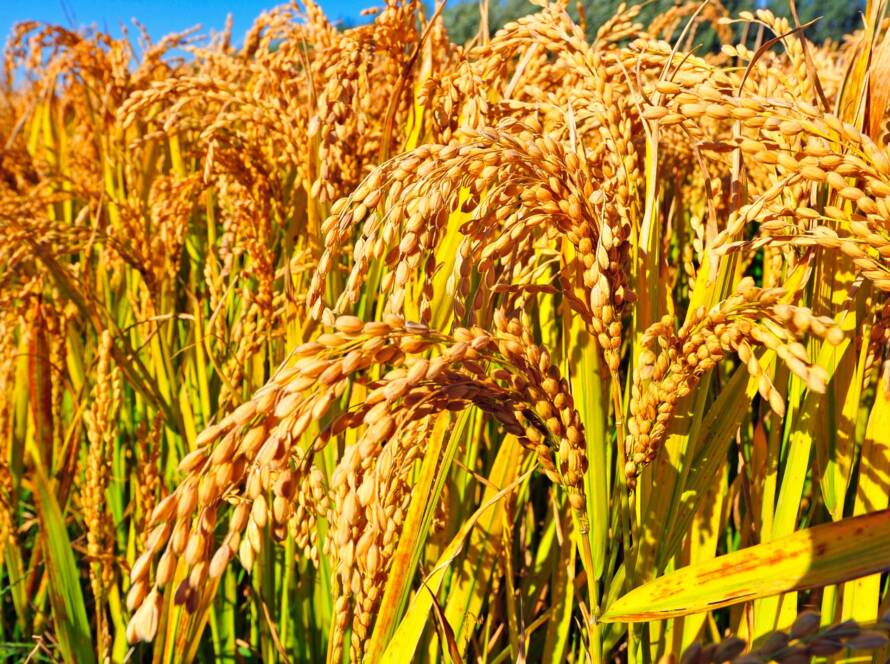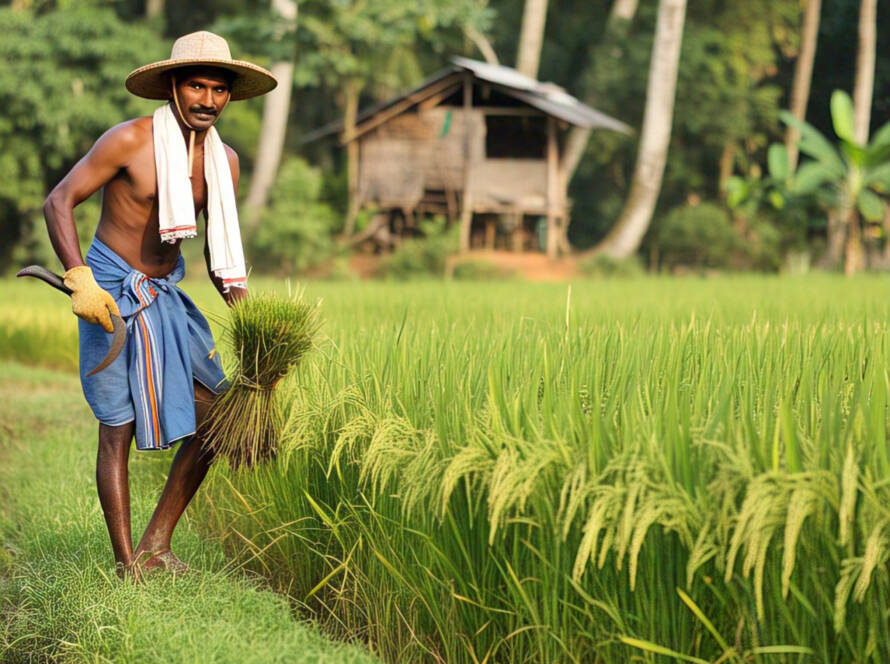Climate change poses a significant challenge to rice production worldwide. Rising temperatures, unpredictable rainfall, and extreme weather events are affecting yields and threatening food security. To adapt and mitigate these impacts, farmers must adopt climate-smart practices.
1. Adapting to Temperature Changes
Higher temperatures can reduce rice yields by shortening the growing period. Farmers can counteract this by planting heat-resistant rice varieties and adjusting sowing dates to avoid peak heat periods.
2. Managing Water Scarcity
Droughts and irregular rainfall patterns are making water management crucial. Techniques like Alternate Wetting and Drying (AWD) and drip irrigation help optimize water usage, ensuring crops receive adequate moisture without excessive wastage.
3. Flood and Salinity Management
Coastal rice-growing regions face challenges from rising sea levels, leading to soil salinity. Salt-tolerant rice varieties and improved drainage systems can help maintain productivity in affected areas.
4. Enhancing Soil Health
Extreme weather can deplete soil nutrients. Practices such as crop rotation, organic composting, and cover cropping improve soil fertility and structure, making fields more resilient to climate variations.
5. Reducing Greenhouse Gas Emissions
Rice farming contributes to methane emissions due to flooded fields. Techniques like direct seeding, intermittent irrigation, and using biofertilizers can help reduce the carbon footprint of rice cultivation.
6. Early Warning Systems and Technology
Weather prediction tools, climate advisory services, and mobile apps can provide farmers with real-time information on weather patterns, helping them make informed decisions on planting and harvesting.
7. Government and Policy Support
Farmers should take advantage of government programs and subsidies that promote climate-resilient farming. Policies supporting sustainable agricultural practices and financial aid for affected farmers can help mitigate risks.
By adopting these adaptive strategies, rice farmers can safeguard their yields against climate change, ensuring long-term sustainability and food security.


